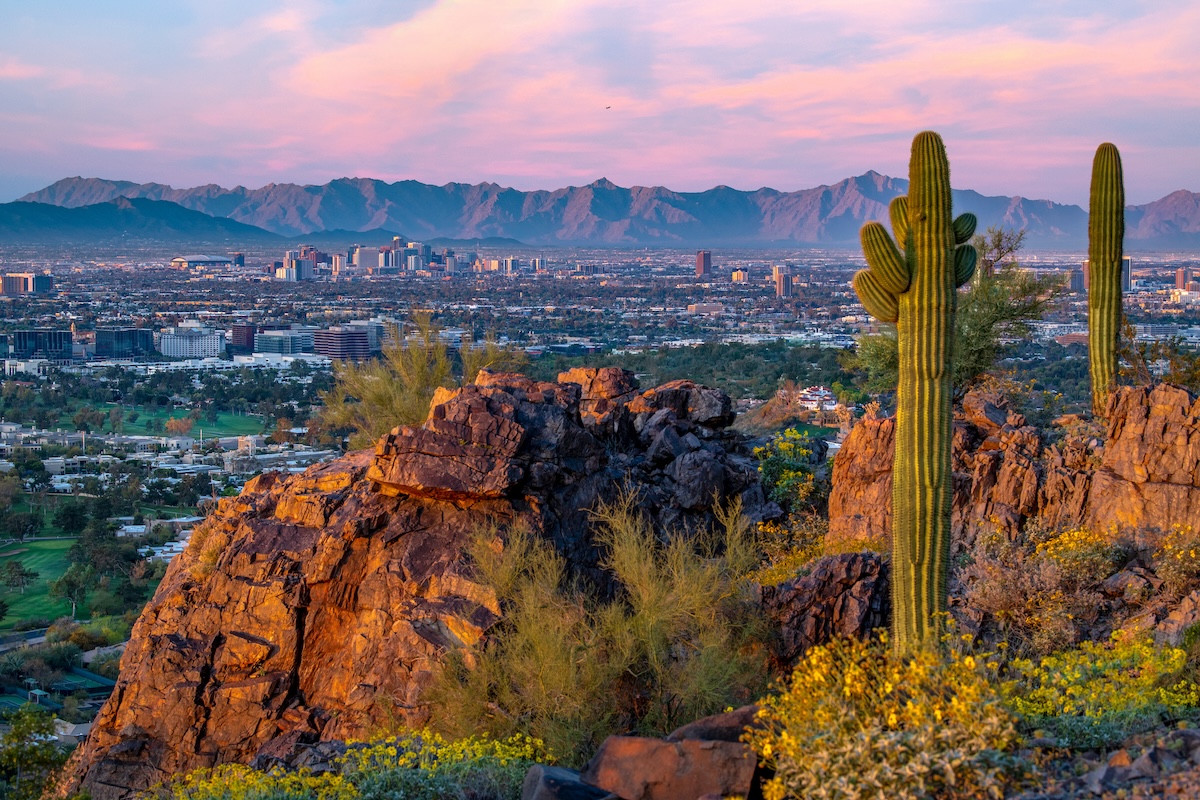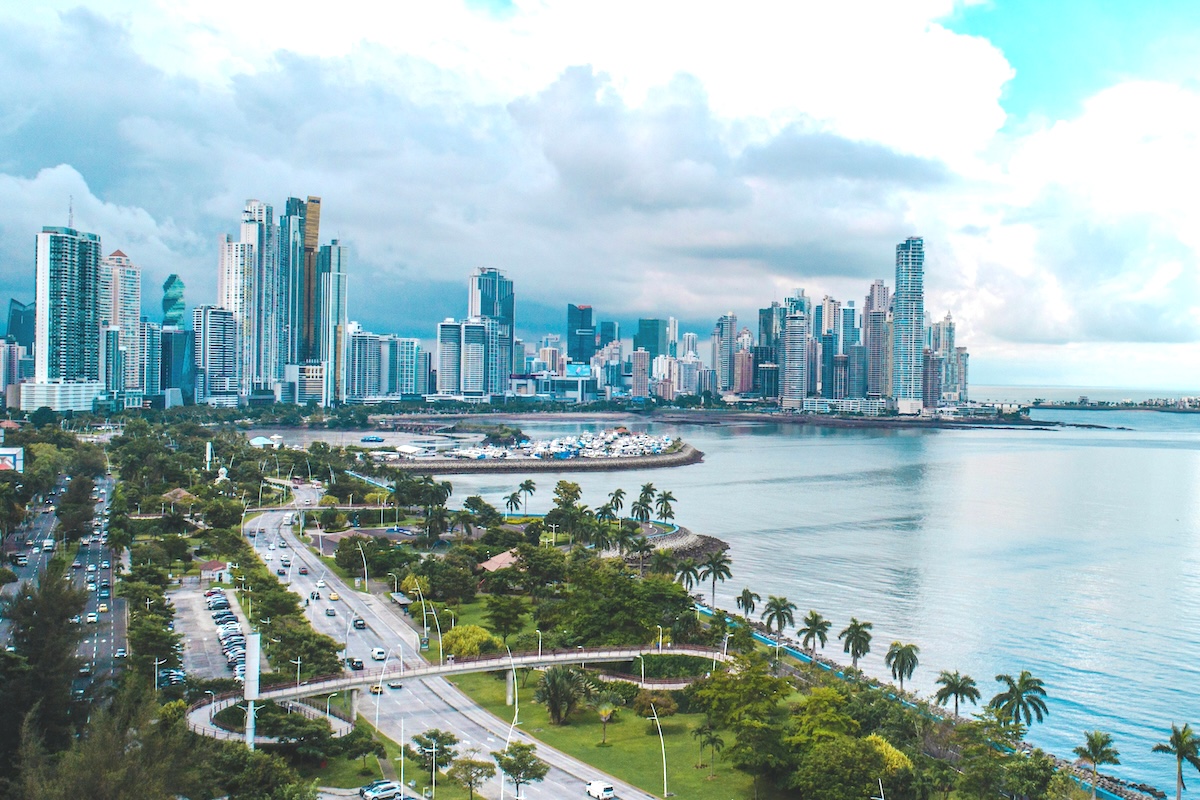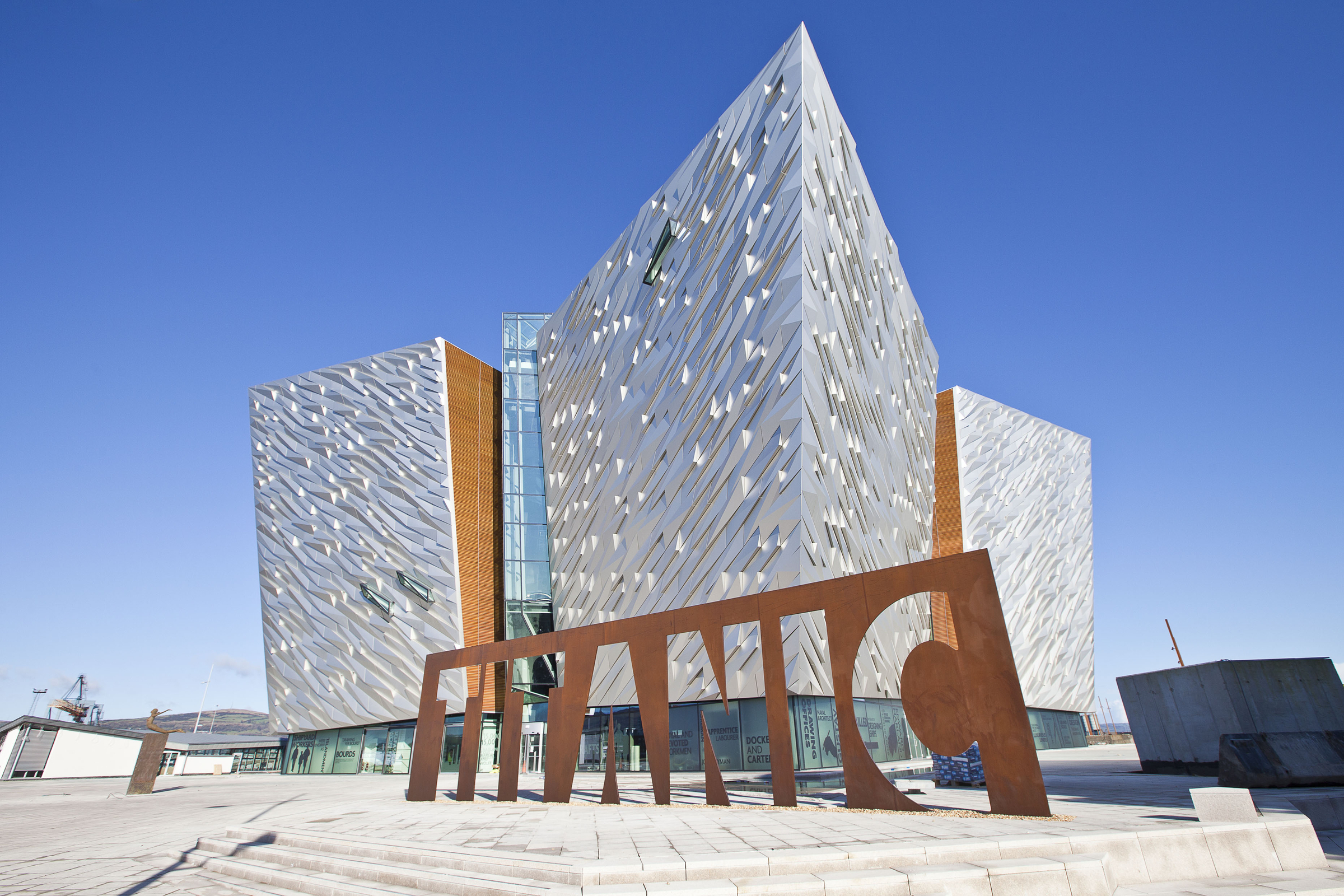Skift Take
Destination marketing organizations have traditionally focused, as the name implies, on marketing. But today, that is not enough. DMOs must also play an active role in promoting businesses and business sectors, managing political and social issues, and helping combat rising costs.
Not long ago, destination marketing organizations (DMOs) and convention and visitors bureaus (CVBs) had a straightforward and singular mandate: to market their destination. But like much in this post-pandemic world, those days are over. DMOs have, in fact, evolved into an important resource for event planners trying to combat rising costs, and whether singularly or in concert, DMOs and CVBs can suggest and help facilitate entertainment, offsite activities, speakers, meeting venues, dining, and lodging options.
“A DMO has its finger on the pulse of the destination. It is a great resource in finding ways to connect with different vendors, address supply chain and pricing issues, and even help find other options to hold successful events,” said Darien Schaefer, president and CEO of Visit Pensacola, a DMO located on Northwest Florida’s Gulf Coast. In addition, as meeting and event attendees increasingly extend their stays with pre- and post-activities, CVBs and DMOs are proving to be invaluable resources, offering creative itineraries and unique suggestions to help attendees take full advantage of their visit, and bring additional revenue to the area.
Further, DMOs and CVBs are stepping beyond their traditional role as the political climate in the U.S. heats up and becomes increasingly divisive.
Roe v. Wade and DMOs
The recent Supreme Court decision not only overturned Roe v. Wade, upending 50 years of abortion rights and handing state lawmakers the power to ban abortion, but this decision caused a domino effect in the events industry, with many planners determined to steer clear of states with such draconian laws in place. But DMOs have also stepped up to the plate to try to keep existing business in place by facilitating these difficult conversations.
“Travel boycotts and bans may be well-intentioned, but they are ineffective and counterproductive,” said Jack Johnson, chief advocacy officer of Destinations International.
For example, as the largest city in North Carolina, Charlotte passed a widely heralded LGBTQ-inclusive nondiscrimination ordinance that was quickly overturned by a bill signed by Governor Pat McCrory, a Republican.
In turn, many meeting planners insisted they would not hold gatherings in the state. “This hurt our industry, and nothing changed as a result of the boycotts,” explained Johnson, adding that a wiser strategy would have had these groups meet in the state as planned and fight the bill while there with their boots on the ground.
And with no North Carolina seats flipped as a result, Johnson believes a better move would encourage groups to go to the destination with laws in place that a group feels strongly about, to get involved directly. “Use the meeting as a connecting factor. By being on the ground, your group will get a better understanding of the political situation and who is in the fight,” Johnson added.
“The way to make political change is to go there and raise money, register voters and help fight alongside those who align with your position,” said Johnson, referring to Politics Is for Power: How to Move Beyond Political Hobbyism, Take Action, and Make Real Change, a book by Eitan Hersh, that discusses treating politics like a spectator sport.
When Destinations International had its annual convention in St. Louis in 2019, Missouri was in the midst of debating and passing abortion restrictions aimed at getting Roe v Wade repealed. Some attendees reached out to say they were uncomfortable meeting in Missouri in light of this. Johnson told them, “Come to the convention, and I will connect you with the people fighting this legislation.” Johnson connected with the St. Louis branch of Planned Parenthood, and received a list of local businesses that were helping in the fight against this legislation. The attendees who weren’t keen on meeting in Missouri due to this legislation patronized restaurants on the list every night of the convention and made sure the owners knew why they were there. “That is political power that leads to change. Not political hobbyism,” said Johnson.
Focusing on the Local Community
In fact, this multi-faceted DMO role was deemed so important that it became the focus of Destinations International’s annual convention held in Toronto in July. “If DMOs don’t change, there is the threat of them becoming the Kodaks of tourism,” said Signe Jungersted, CEO, founding partner, Group NAO, a Denmark-based agency consulting with multiple destinations. “DMOs have had to engage in new conversations and new discussions around the question, ‘What value do we add to this context?’ In turn, the focus of the DMO has shifted from being not solely a marketer, but a representative of the local community, and a representative of what tourism can do to serve the local community.”
A recurring theme of the DI conference was the growing number of CVBs prioritizing their local community’s interests first and providing good stewardship of their destinations, as cited by Jungersted. Three organizations that exemplify these principles — Los Angeles Tourism & Convention Board, West Virginia Department of Tourism, and the Netherlands Bureau of Tourism & Conferences (NBTC) — were lauded during the conference’s Global All-Stars 2022 general session.
The NBTC’s example of this vision, called Perspective 2030, was created with the input of hundreds of stakeholders. Addressing the power of tourism and how it contributes to the country’s social challenges, it offers a new vision for the destination that benefits all Dutch people while stressing how it will evolve from destination promotion to destination management. “Instead of promoting the destination, it is time to start managing and developing it,” the report stated.
In the U.S., on the Wisconsin-Illinois border, just over an hour from Chicago, sits Beloit with its CVB, Visit Beloit, focused on generating positive economic impact. “We have our ear to the ground, listening to what the business community has to say, and this has paid off in helping our elected officials make great decisions,” said Celestino Ruffini, CEO of Visit Beloit. “I consider myself a chief people connector. My duty is to know as many people in our community as possible and make networking and connections happen to move the needle forward as a destination.”
Connecting Through Shared Values
And DMOs and CVBs are shifting to becoming more values-based, added Jungersted. “How can they connect with people through values?” she asked. “What do you stand for, and how can you connect with visitors and locals?”
Citing the Helsinki Freedom campaign as another effective example, this marketing campaign attracted international talent and groups aimed at increasing awareness of the city to enhance its appeal while also attracting talent within prioritized industries.
Another tourist organization to create a stir was the Vienna Tourist Board with its presence on the social network OnlyFans, which embraced depictions of nudity after several of its museums were blocked from showing art on social media because they featured nudes.
“These examples are representative of the shift in mindset. Tourism and meetings take place in areas where locals live. The shift is representing the place that you are inviting your groups to visit,” explained Jungersted.
As a result, conventions connect directly to the local community where they intend to gather. “The meeting industry is also working to connect more with local communities to focus on their impact and social value added to people and places around and outside the actual meeting,” said Jungersted.





